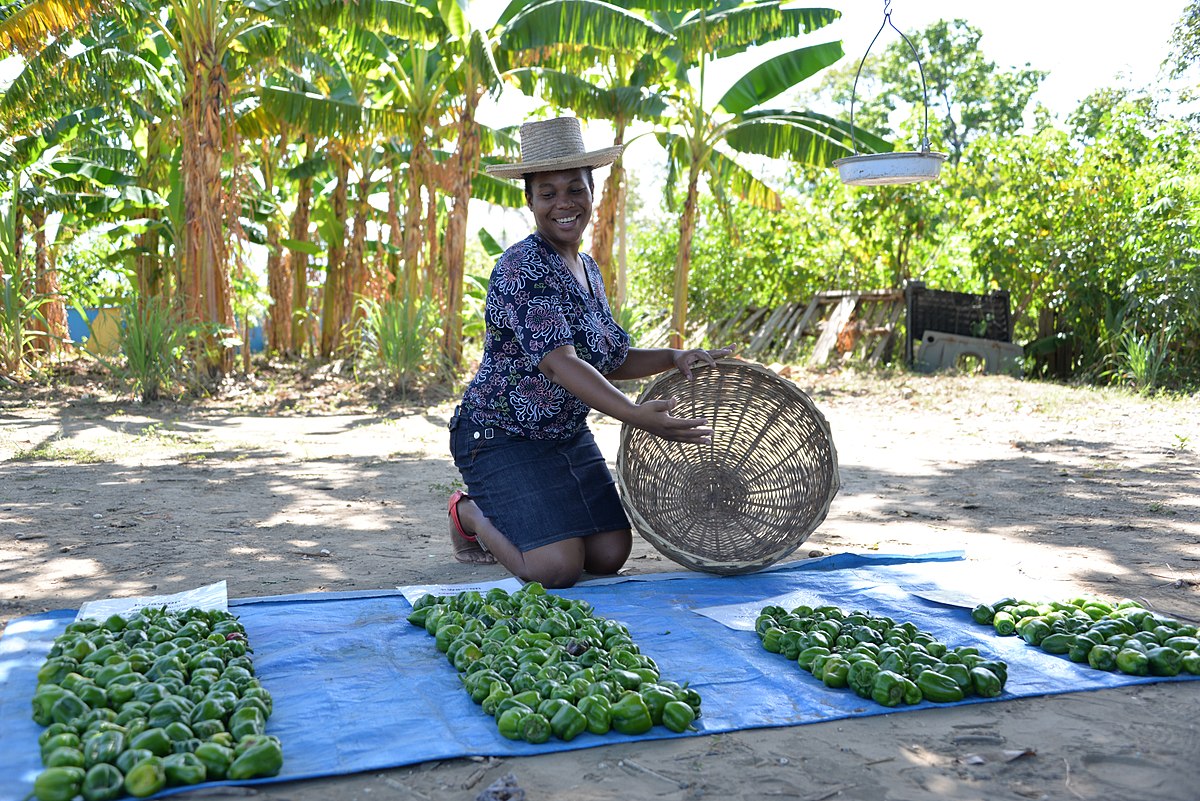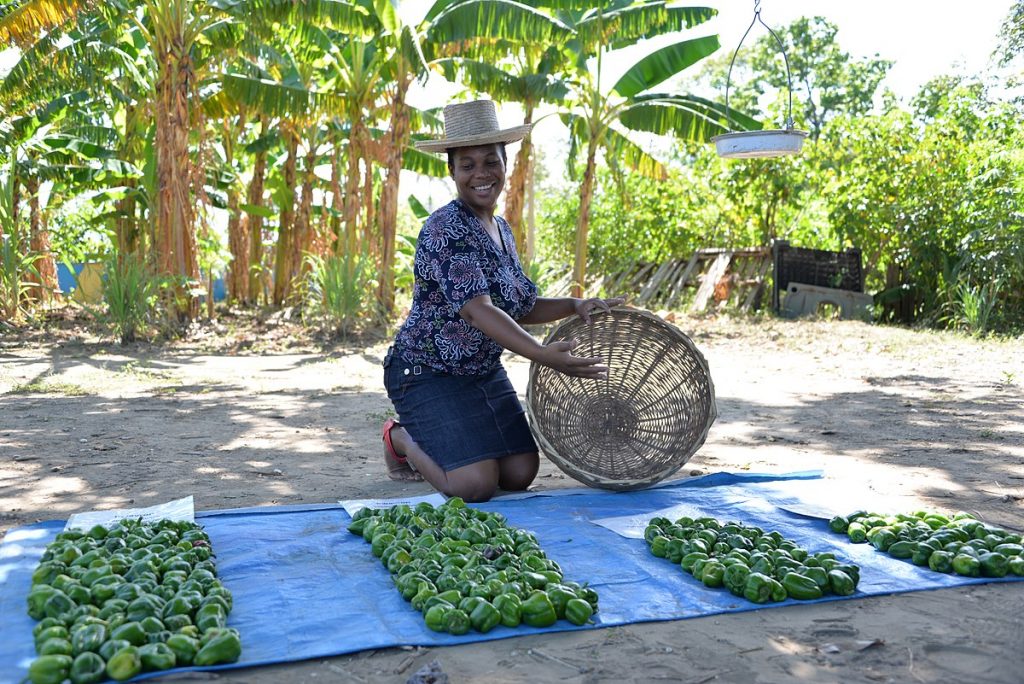A new farming model to overturn peasantry farming in Uganda is coming on board with concerted effort from agricultural experts establishing Agricultural Park in northern Uganda for embracement of corporate farming.
The concept of Agriculture Parks as a strategy for established farming can be used to protect farmland and create access to land for farmers while also realising a full range of other community and environmental benefits. The target for the model is to attract people who have money to carryout farming as a business initiative but lack the time to be on the farm. As such a team of agriculture experts under their company Gloveg Agri Uganda Ltd (GAL) have acquired 20.5 square kilometre land (approximately 5,000 acres) in Amuru District to establish the Agriculture Park with ploughing already underway.
Background
The director of GAL, engineer Joel Aita, explaining the concept of setting up Agriculture Park noted that “this is a unique model developed to address challenges of commercial farming in Uganda.”
Aita is a corporate farmer growing a range of crops namely cassava, soybean and poultry farming.
Aita – who has experience in cassava, soybean and poultry farming – together with other GAL experts, were speaking during a field tour with Seeds of Gold in Amuru District. “Since huge sums of financial capital is locked up in the corporate world because the people are too busy to engage directly in farming and others fear and view agriculture as a risky initiative, GAL experts will conduct the agriculture initiative on their behalf,” says Aita.

Experts
The experts comprises agronomists, extension agriculture service workers and technical staff who will be engaged in ploughing the land using tractors, others will be sowing seed, weeding, harvesting using combined harvesters, packaging and marketing experts. Apart from the land that has been secured in Amuru, the experts have identified land in Zombo, Yumbe, Masindi and Katakwi districts to set up similar Agriculture Parks. The park has the component of agritourism where decent lodges will be constructed for farm owners to hire when the visit the farm to check on the progress of their farm.
GAL has so far acquired three horse tractors, planters and a combined harvester particularly for processing soybean, weeders, disk ploughs, boom sprayers which have already been stationed at the park.
They have also acquired 120 litre tank for herbicide spraying against weeds.
Crops
Marketing and storage
Olishe explains that the team has acquired a machine for processing high quality cassava and they intend to construct silos to store produce from the two commodities.
The team will engage with bulk buyers and processors such as Mukwano Group of Industries under the soybean value chain and Uganda Breweries, Nile Breweries, Unga, Maganjo millers and World Food Programme among others in securing markets for cassava value chain.
Benefits
The project is expected to turn tens of people from all-over the country into telephone farmers.
Stephen Oneka, who works in Jinja, says he has made a decision to join the initiative.
“I am one of the telephone farmers working in Jinja. I am very happy that someone else is going to work for me on the farm,” he says, noting the venture will be profitable.
Alice Ajok, a Kampala-based businesswoman, terms the idea as “letting your money do the farming for you, without soiling your hands.”
Olishe says they have targeted more than 500 clients to take up the 5,000 acres. GAL, he says, is run by agricultural experts to ensure everything goes right, from planting seedlings to harvesting. The Agribusiness Alliance chairperson, Dr Victoria Sekitoleko who is also an agronomist, says contract farming can yield good results when managed well.
“There is already enough proof around that this model works,” said Sekitoleko a former agriculture minister. “The greatest challenge, however, is unforeseen risks such as unpredictable weather patterns and depressed prices for produce when they are harvested and taken to the market.” “We should not abandon commercial agriculture initiatives to the old but engage the vibrant youth to take it as employment because cassava is now an industrial crop with vast market opportunities. The element of agri -tourism is a good one especially for people who have retired from active service. This will curb against depression. The right experts should be involved to ensure seed and cassava cuttings are planted at the right time when the soils are moist,” she noted.

